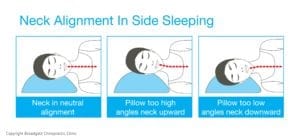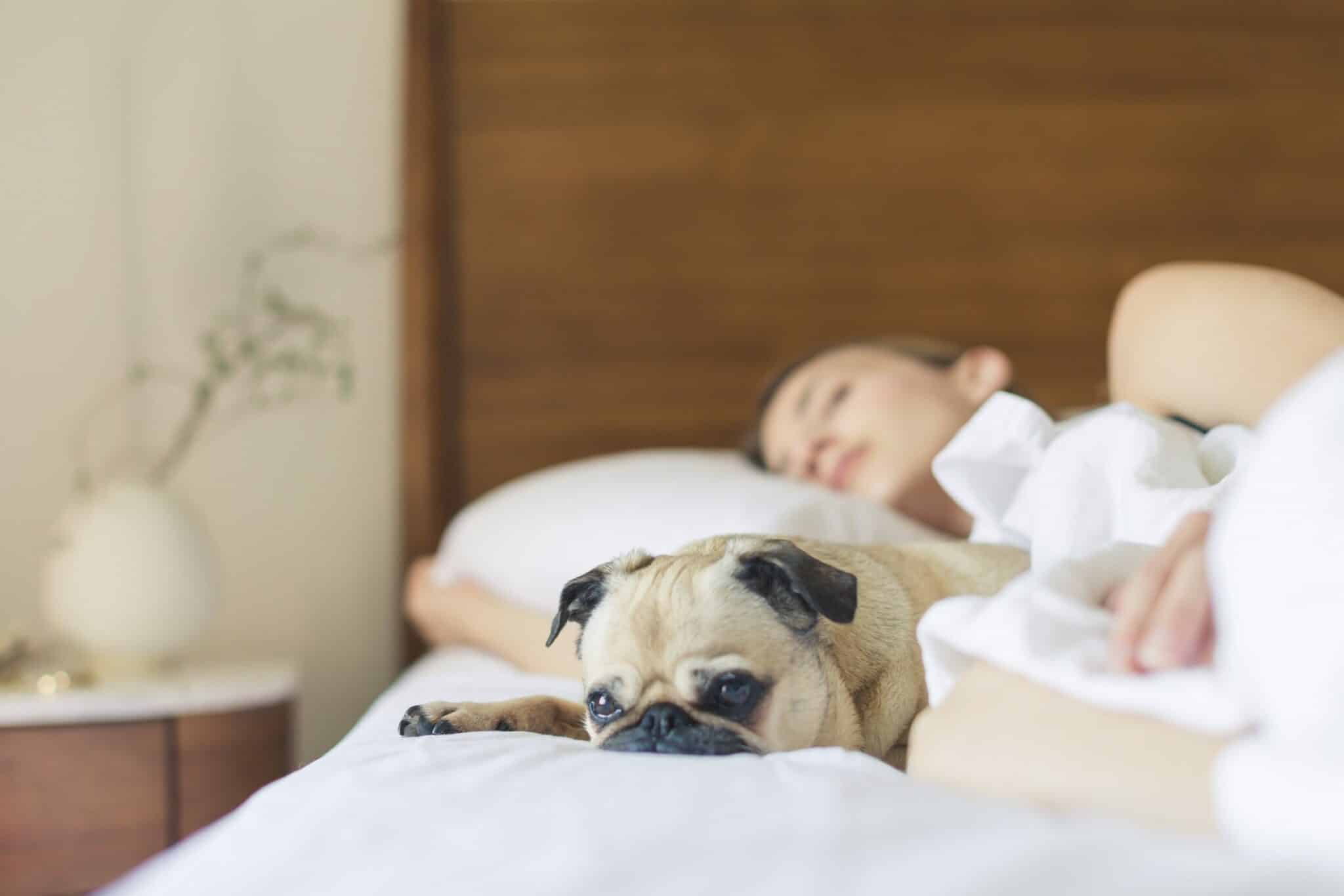Our Chiropractor, Luca Ballabio shares his tips on how to get a good night’s rest. 
As a chiropractor, I often get asked by people suffering from neck pain and back ache, “What is the best sleeping position?”, “What’s the best pillow to use?”, “Do I need to change my mattress?”
With one in three of us suffering from poor sleep, and in celebration of National Sleep Day (13 March), I’m sharing my tips and advice on how to help you have the best sleep you can get!
Sleep Hygiene
Let’s start with the basics: what is good sleep hygiene? Good sleep hygiene is a set of good habits, aimed to give you the best sleeping experience. The benefits of having quality sleep on our overall physical and mental health well-being range from weight loss/gain with sleep-deprived people often having reduced levels of Leptin (the chemical that makes you feel full) and increased levels of Ghrelin (the hunger-stimulating hormone), to aiding fertility in women, as lack of sleep has been proven to reduce the secretion of reproductive hormones.
In addition to this, gym goers and exercise enthusiasts will be happy to hear that good sleep hygiene also promotes muscle building, muscle recovery and energy renewal post-exercise.
Adopting bad sleep hygiene can affect you in more ways than you think, by complicating conditions such as depression, heart disease and diabetes, and it overall reduces your immune system’s response, making you more susceptible to bugs and flu attacks!
Top sleeping tips to help you have a good night’s rest:
1) Sleep at least 7 hours a day and stick to your sleeping schedule, even during the weekend.
2) Exercise daily to promote good quality sleep. Even 30 minutes of walking daily is better than nothing and regular stretching keeps muscles loose and less prone to tightening and stiffness.
3) Avoid alcohol, tobacco and caffeine (coffee, tea, soft drinks, chocolate) and large meals 2-3 hours before bedtime.
4) Use a medium-firm mattress and change it every 9-10 years.
5) Use a pillow appropriate for your neck condition. Too high or too low will affect your neck and back issues on the long run, regardless of your sleeping position. Personally, I use and recommend the Complete Sleprr pillow, since you can adjust the pillow height according to your needs. Ask for a free trial at our clinic and give it a shot!

6) Reduce the use of technical devices a couple of hours before bed due to the blue light omitted from them. The blue light makes you more alert and suppresses your Melatonin, which will impact your quality of sleep.
Lastly, if you ever struggle to fall asleep or if you wake up in the night due to pain and/or stiffness, it might not be because of your bed, but due to your own posture and problems elsewhere in the body. Always get assessed first by a health professional practitioner before you invest into a new bed and/or mattress, especially for fresh, new injuries.
Don’t rely on supports and crutches, fix the problem at its root, then support it accordingly! At our chiropractors in Leeds, we’re always happy to perform a free spinal assessment to determine the best course of action for you. You can contact us online, or call 0113 2588999 or email reception@broadgatechiropractic.com
To a restful sleep. Night, night!
Luca


